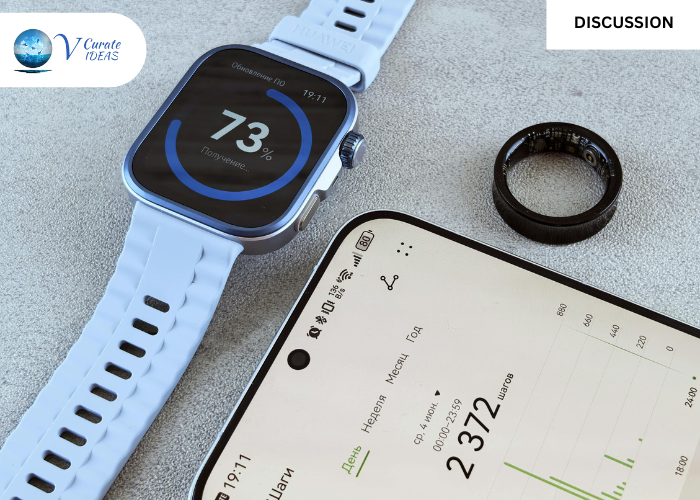Quiet Luxury: Simplicity or Subtle Status Symbol?
Quiet luxury celebrates elegance without excess—but is it true confidence or just another trend hiding in minimalism?

Wearable fitness trackers like Fitbit, Apple Watch, and Garmin have become incredibly popular, promising to help us stay active, sleep better, and make healthier choices. They track steps, workouts, heart rate, and even stress levels. But the big question is: do they actually improve health outcomes, or do they just give us more data without real lifestyle changes?
Some argue that trackers motivate people to move more by setting daily goals and celebrating progress. Others say most users abandon them after a while, meaning the long-term health impact is limited. Plus, just knowing your stats doesn’t guarantee you’ll exercise or eat better.
What’s your take on this?
Do fitness trackers actually help people become healthier, or are they more of a short-term hype tool?
Participant Comments